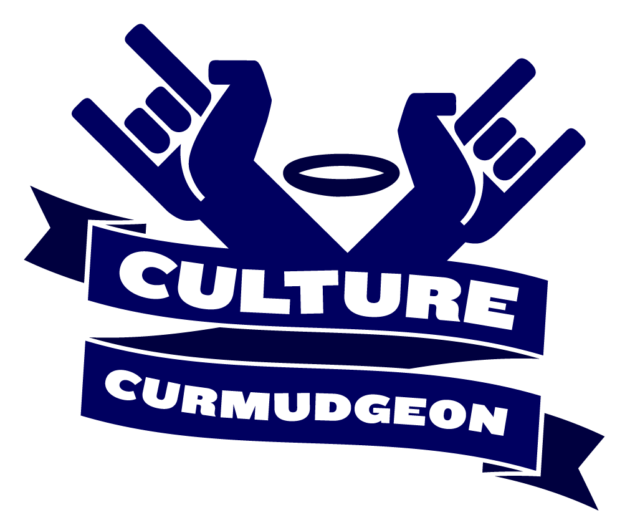On the surface, “Black Panther” is one of the Marvel Universe’s slickest creations. It’s fun, hilarious and its action sequences are breathtaking. But dig a little deeper and one realizes it’s a subtly subversive and a justifiably very angry take on race and gender relations, not just in the U.S., but the entire world.
It’s set in the imaginary African kingdom of Wakanda, where T’Challa (played by Chadwick Boseman) has ascended to the throne after the tragic death of his father in a terrorist attack. But the transition to power proves to be more difficult than expected- especially with Killmonger (played by a rage-filled Michael B. Jordan) also laying claim to the throne.
Ahmad Coo is a producer and copy editor for the Global Business show on CGTN America. His analysis represents his views alone.
Ryan Coogler’s film is probably also the most complete superhero movie of the current crop of Marvel releases and also may be the most socially relevant among all of them. In this Trump dominated zeitgeist, it’s what the wider U.S. needs especially with country’s current political climate.
From the shooting deaths of countless unarmed black men by police throughout the U.S. to the Trump administration’s vows to ban Muslims to the deportation of hundreds of thousands of undocumented immigrants from Latin America, “Black Panther’s” ethos is a direct challenge to this version of America we see now unfolding before our eyes.
“Black Panther” is a much belated effort to present a more positive worldview in direct response to Trump’s cynical and degraded views of his own country- especially of African-Americans. But Coogler doesn’t let his vision get clouded by outrage over hundreds of years of injustice. Instead we get a movie that’s balanced. It’s an action movie with heart, soul, wit and intelligence.
The film shows Africa as a beacon of progress, not a heart of darkness. Coogler and team present a vision of a culture and people that’s very different from the mainstream portrayal of Africans and African-Americans. They do this in several different ways. First, is their embrace of Afrofuturism. They presented a society (other than the usual white European model featured in countless Hollywood movies) that’s technologically, politically and socially hundreds of years ahead of everyone else.
In “Black Panther,” we see Africans and African-Americans shedding the limited and stereotypical roles more typical of Hollywood fare. There’s no obvious tokenism except for Martin Freeman’s character (who’s white). The black man and woman are the undeniable heroes of the film.
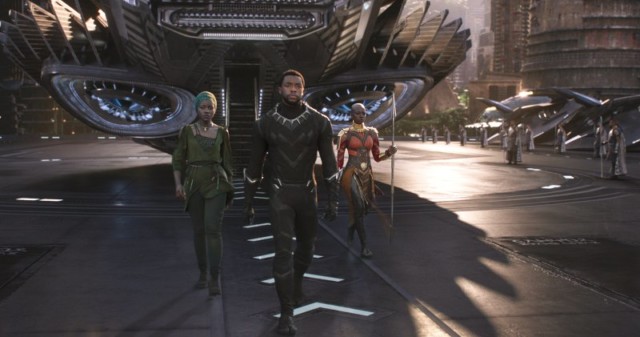
Lupita Nyong’o as Nakia, Chadwick Boseman as Black Panther/T’Challa and Danai Gurira as General Okoye (Photo courtesy of Marvel Studios/Walt Disney Pictures)
It’s also thrilling to see that some of the smartest, strongest willed and physically powerful characters in the film are women. Danai Gurira’s General Okoye, Lupita Nyong’o’s Nakia, and T’Challa’s baby sister played by Letitia Wright are the elite in every sense of the term. They’re not confined to playing the helpless love-interests or damsels in distress.
The producers’ decision to also give as much depth to the main antagonist Killmonger as the Black Panther makes its a very nuanced film. It’s easy to create monsters who are out to do evil for the sake of evil, but there’s real humanity and pain behind Killmonger’s character. His unexpected sympathetic nature made it very hard to root against him. In many ways, he’s the other side of the coin, the yang to T’Challa’s yin. T’Challa represents a traditional Wakandan view, where their impressive technological know-how must remain a secret to the rest of the world. Killmonger is the polar opposite.
He believes a civilization born of violence understands and respects only one adage: might makes right. It’s also instructive that he was born and raised in the U.S.- the de facto global policeman and the prime example of a imperialist state. More telling is that Killmonger also served as a black ops soldier for the U.S. It’s obvious where Killmonger got his extremist ideas.
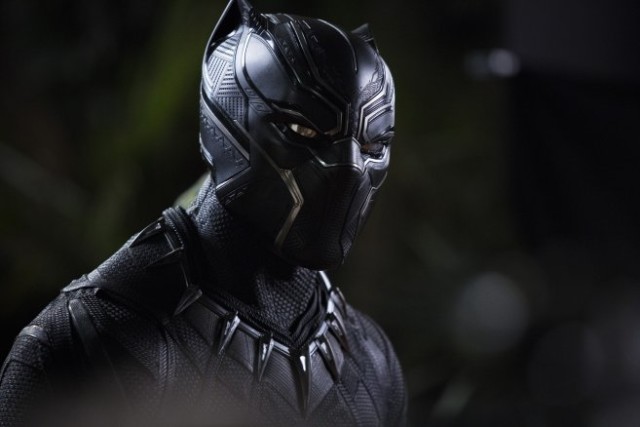
Chadwick Boseman as Black Panther/T’Challa (Photo courtesy Marvel Studios and Walt Disney Pictures)
The genius of “Black Panther” also lies in Coogler’s decision to incorporate some anti-colonial thought into the film’s themes. But, he does it in such a way that the movie still works as popcorn entertainment for those uninitiated in African history. Coogler’s script can easily be said to contain ideas from Frantz Fanon and Malcolm X.
Fanon’s classic work “Wretched of the Earth” resonates especially well with “Black Panther.” In the book, Fanon wrote the process of decolonization is a revolution- and inherently violent without exception. The colonizers are replaced by another group of violent actors, mostly made of military men trained by their colonial masters.
That’s why Jordan’s character wants total systematic change via the violent overthrow of countries that engaged in colonialism. Killmonger’s strategies are the logical progression of anti-colonial movements. To him, righting history’s wrongs against Africans and African Americans by oppressing the oppressor is the only way to truly find peace and justice.
But Black Panther ultimately advocates against violent struggle in the end. Coogler decided to go with the middle ground, because it’s more in tune with T’Challa’s and Wakanda’s values. However, T’Challa’s predictable triumph is a pyrrhic one since it involves the complete repudiation of Killmonger’s worldview.
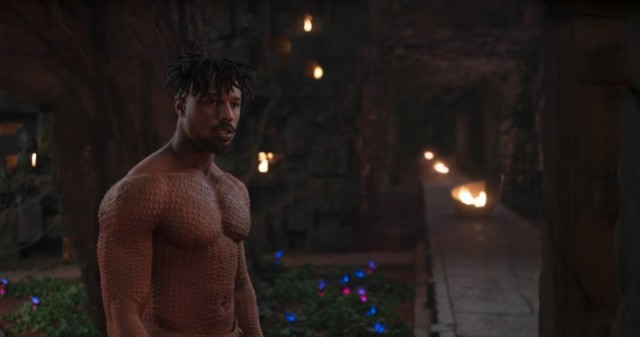
Michael B. Jordan as Erik Killmonger (Photo courtesy Marvel Studios/Walt Disney Pictures)
In the conclusion of the film, T’Challa looks exhausted and world-weary, not just because he’s overcome seemingly insurmountable odds to keep Wakanda safe. It’s also because he realizes that regardless of what path he takes- whether it be one of a pacifist or violent revolutionary, the world will never be rid of oppressors and the oppressed.
 CGTN America
CGTN America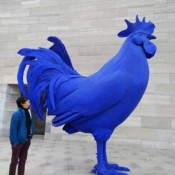
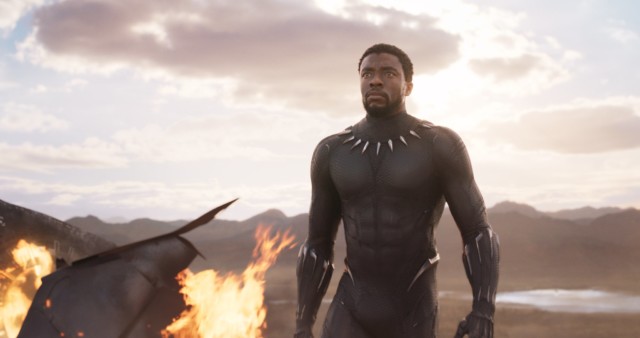 Chadwick Boseman as T’Challa/Black Panther (Photo courtesy Marvel Studios and Walt Disney Pictures)
Chadwick Boseman as T’Challa/Black Panther (Photo courtesy Marvel Studios and Walt Disney Pictures)
